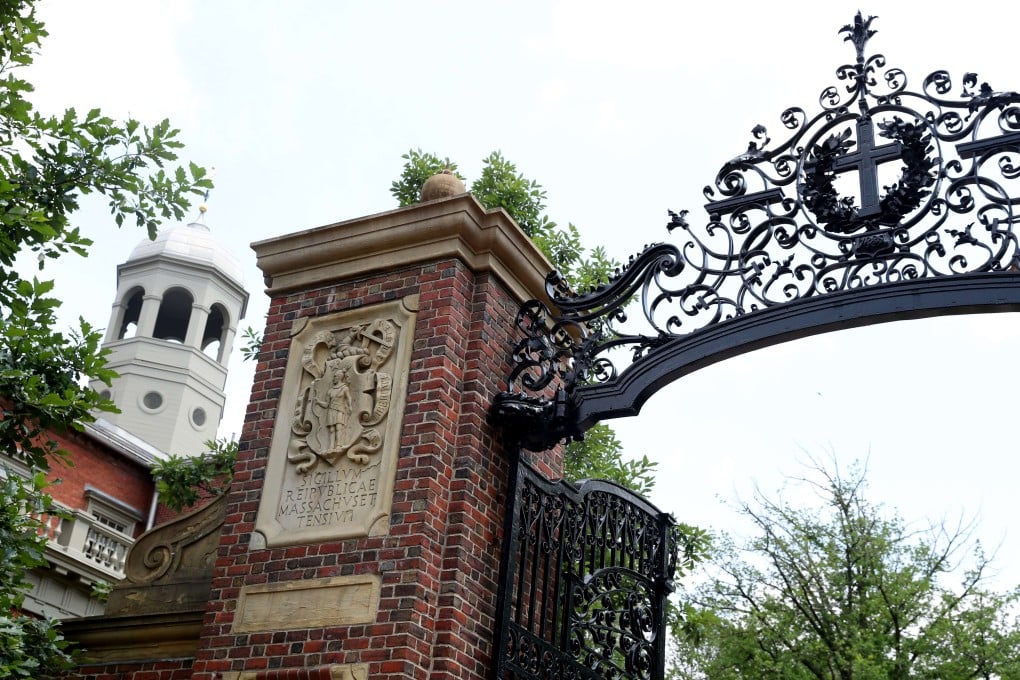US court likely to rule next week on Harvard, MIT request affecting thousands of foreign students
- The universities are fighting to prevent the US government from stripping student visas from those who must take online-only courses amid the pandemic
- Timeline is ‘rightfully aggressive’ given the upcoming deadlines issued by the Trump administration, says a lawyer for the schools

A US federal judge will likely issue a decision next week on a request by Harvard University and the Massachusetts Institute of Technology to block a government order for international students living in the country for online-only classes to return home.
Judge Allison Burroughs of the US District Court of Massachusetts has scheduled a Tuesday hearing for the case, which has left thousands of foreign students in limbo.
The US Department of Homeland Security (DHS) and its Immigration and Customs Enforcement (ICE) division, which on Monday rescinded the right of international students to remain in the US while taking online-only courses – an allowance granted in March in response to the coronavirus pandemic – must file their responses to Harvard’s complaint by noon on Monday.
Acting DHS Secretary Chad Wolfe and Matthew Albence, ICE’s acting leader, are also named as defendants in the case.
Harvard and MIT will have 24 hours to file a reply, and then the hearing will start three hours later.